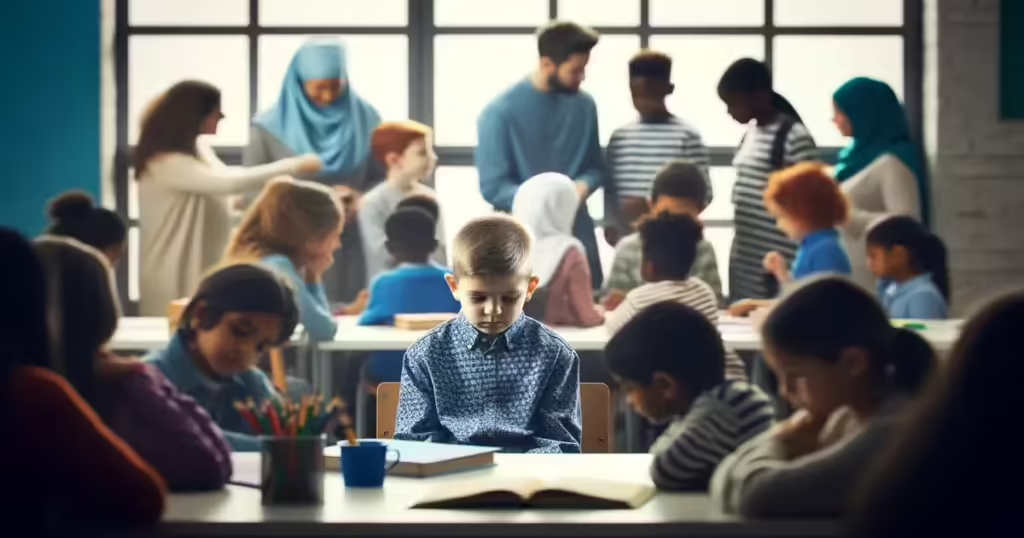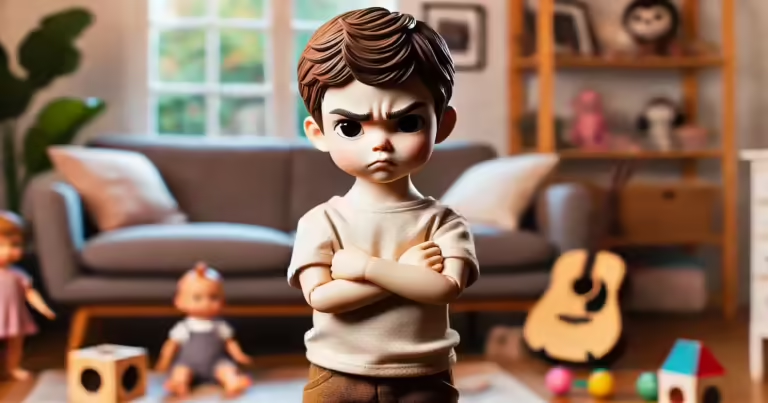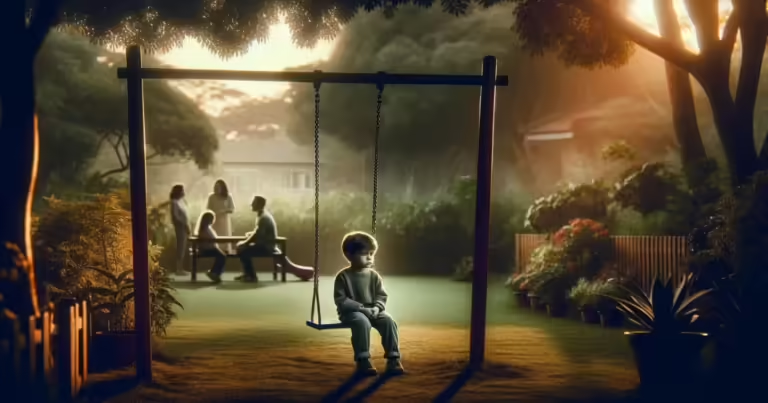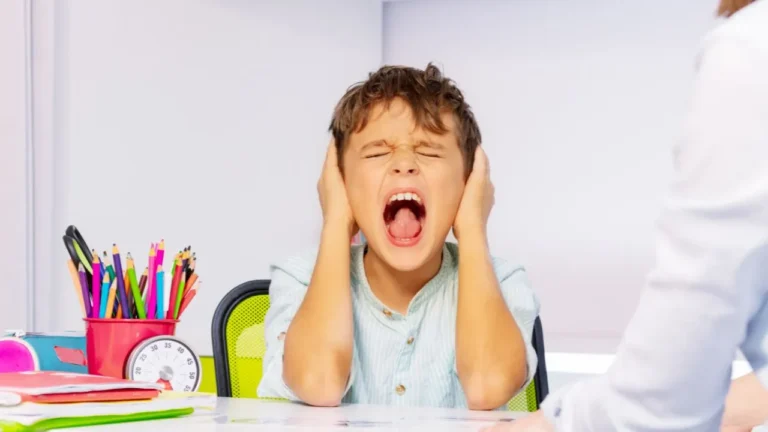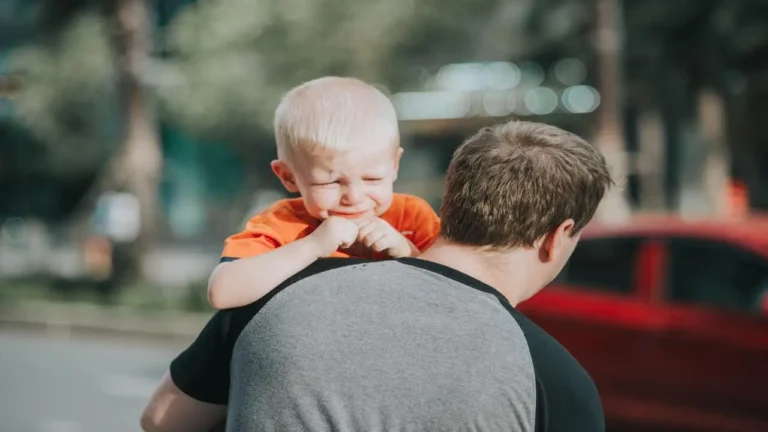The Startling Long-Lasting Effects Of Bullying
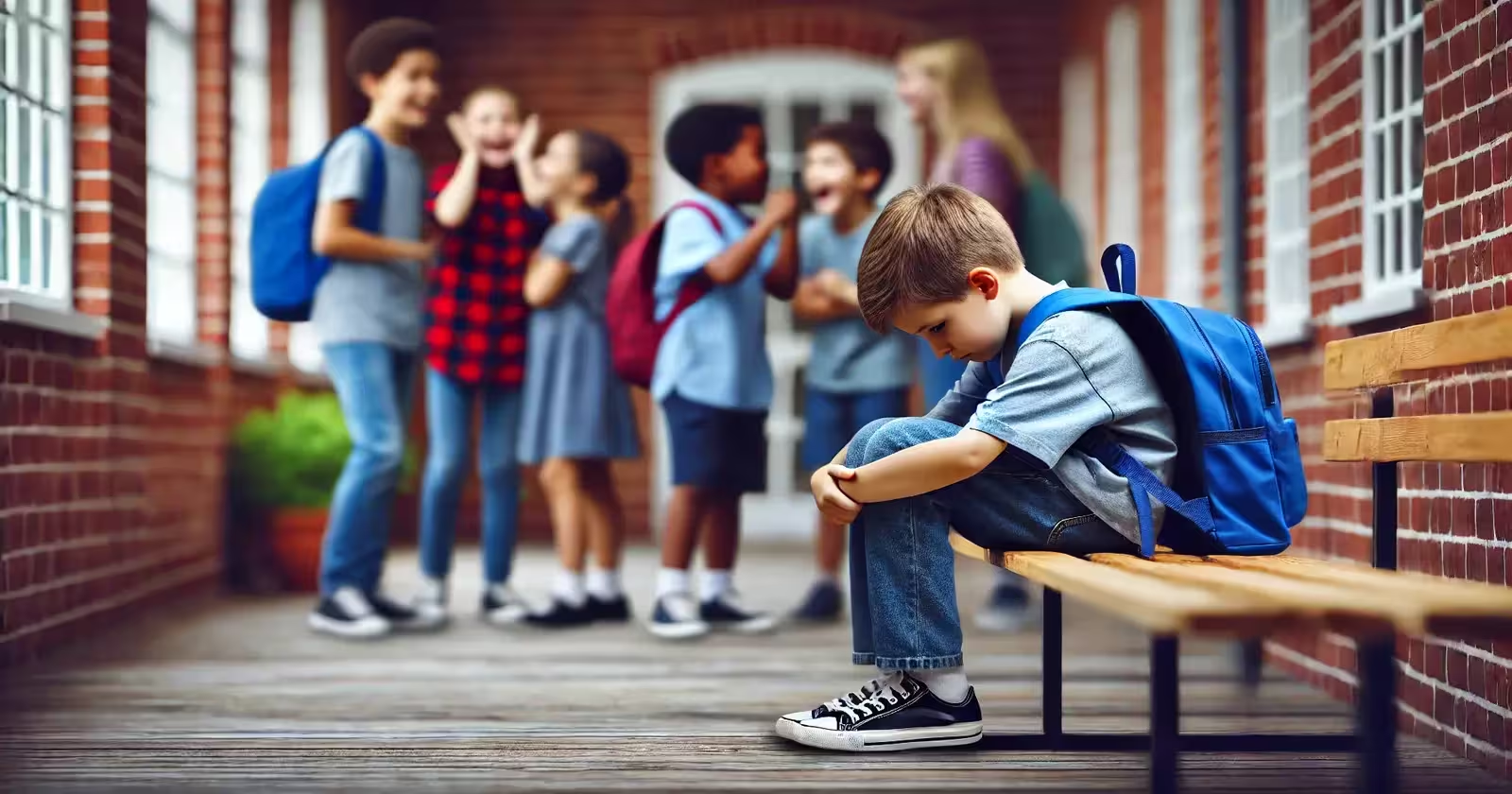
Bullying. It’s a word that sends chills down your spine, conjuring up images of schoolyard taunts and playground-shoving matches. But the reality is the long-lasting effects of bullying run far deeper. It’s not just “kids being kids.”
It’s a serious issue with the potential for long-lasting effects that reach far beyond childhood. Let’s take a closer look at how bullying casts a long shadow, impacting various aspects of a person’s life.
We often focus on the immediate hurt, but the truth is, that the scars of bullying can linger for years, affecting mental health, relationships, and even physical well-being.
Understanding these long-term effects is crucial to providing support and fostering healing for those who have been bullied.
Social and Emotional Impact Bullying Causes
Children who are frequently targeted by bullies often face significant emotional and social challenges. They may not only find it difficult to make new friends but also struggle to maintain existing friendships.
A major factor contributing to these difficulties is the low self-esteem resulting from the cruel and hurtful remarks made by their peers.
Targets of bullying often experience a spectrum of emotions, such as:
These emotions can have profound and lasting effects. For instance:
These emotional scars can extend into adulthood, highlighting the critical need for early intervention and support.
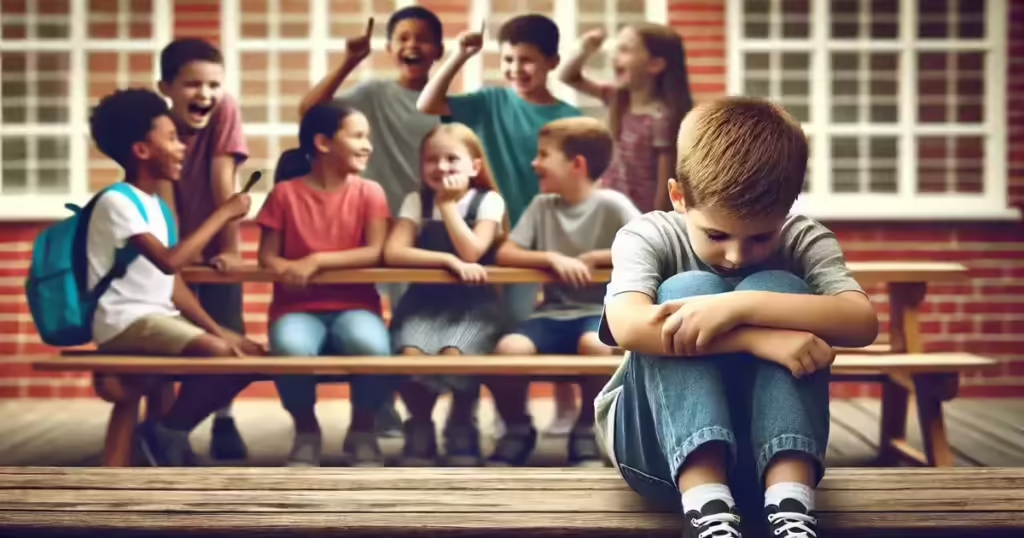
Learned Helplessness and Bullying
One particularly insidious effect of bullying is learned helplessness. When someone is bullied repeatedly, they may start to believe they have no control over the situation. This can lead to a sense of hopelessness and despair, making it even harder to escape the cycle of abuse.
They might stop trying to defend themselves or seek help, resigning themselves to the idea that nothing they do will change their circumstances. This feeling of powerlessness can permeate other areas of their lives, affecting their decision-making and self-confidence.
The Physical Impact of Bullying
While we often associate bullying with emotional pain, the physical consequences can be just as real. Stress, anxiety, and fear – all hallmarks of the bullying experience – can wreak havoc on the body. Victims may experience headaches, stomachaches, sleep disturbances, and even weakened immune systems.
In extreme cases, the chronic stress of bullying can contribute to more serious health problems like heart disease, high blood pressure, and digestive issues later in life. It’s a stark reminder that the mind-body connection is powerful, and the wounds of bullying run deep.
Bullying and The Academic Impact
Imagine trying to focus on a math equation when your mind is consumed with fear and anxiety about the bully waiting for you after class. It’s nearly impossible. Bullying can significantly impact a child’s academic performance.
The constant stress and fear can make it difficult to concentrate in class, leading to poor grades, missed assignments, and a general disengagement from learning. Some victims may even avoid school altogether, further jeopardizing their education and future opportunities.
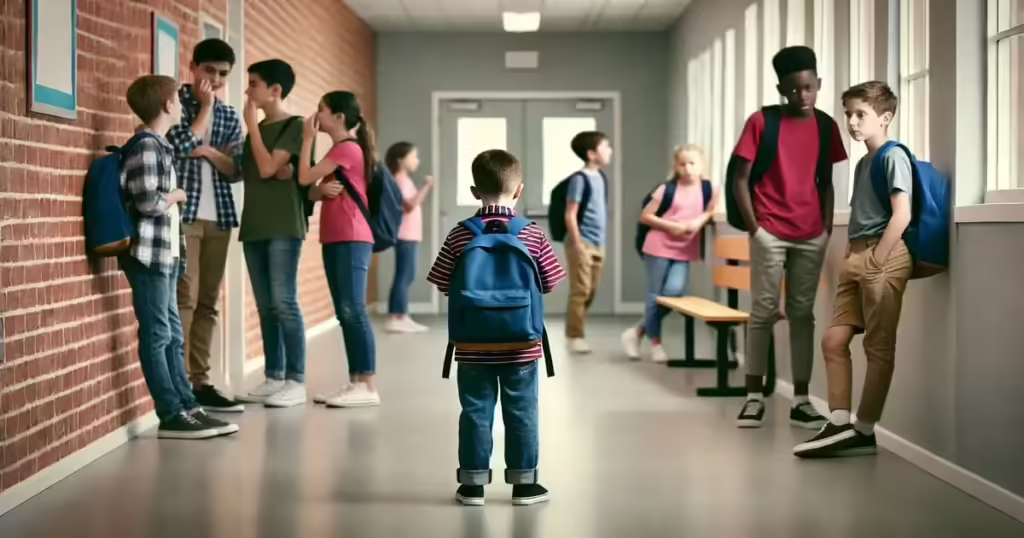
The Impact On Family
Bullying doesn’t just affect the victim; it ripples outward, impacting entire families. Parents and siblings often feel helpless, frustrated, and heartbroken, watching their loved one suffer.
The emotional strain can create tension within the family, leading to arguments, resentment, and a communication breakdown. Families must seek support and resources to navigate this challenging time together.
Helping Your Child Heal
To help your child recover from the effects of bullying, it’s crucial to guide them in changing their perspective on the situation and how they perceive themselves.
Supporting your child through this process can make a significant difference in their emotional recovery and future resilience.
Healing from Bullying
Professional help can be invaluable in the healing process. Therapists and counselors can provide your child with coping mechanisms, teach them how to build resilience and help them work through the emotional trauma of bullying.
Don’t hesitate to reach out to school administrators, teachers, and guidance counselors. They can play a crucial role in addressing the situation at school and ensuring your child’s safety.
Self-Healing Strategies
For those who have been bullied, the healing journey can be long and challenging, but it is possible to reclaim your life and find peace. Start by acknowledging the pain and permitting yourself to grieve the loss of your sense of safety and security.
Engage in activities that bring you joy and help you reconnect with your passions. Whether it’s painting, writing, hiking, or spending time with loved ones, prioritize self-care and make time for activities that nourish your soul.
Final Thought: The Long-Lasting Effects of Bullying
Bullying is not a rite of passage; it’s a serious issue with the potential for long-lasting consequences. By understanding the profound and far-reaching impact of bullying, we can create a more compassionate and supportive world for those who have been affected.
Remember, healing is possible, and no one should have to suffer in silence. If you or someone you know is struggling with the effects of bullying, please reach out for help. You are not alone.

